
A food deliverer takes to the streets of Shanghai. (Photo by LI PEI/FOR CHINA DAILY)
Figures indicate robust recovery in business conditions
China's services sector in June expanded at its fastest pace in nearly a year amid a gradual resumption of work and production, indicating a robust recovery in business conditions.
Experts said services sector activity accelerated as COVID-19 outbreaks gradually eased off in more cities across the nation, showcasing the resilience of the economy despite downward pressure.
They made the remarks as services and manufacturing sector activity expanded in June after softening since March amid multiple hits from domestic COVID-19 cases.
The Caixin China General Services Purchasing Managers' Index came in at 54.5 in June from 41.4 in May, signifying a return to expansionary territory for the first time since February, media group Caixin said on Tuesday.
Wang Zhe, senior economist at Caixin Insight Group, said services activity reported a solid pace of expansion in June as the pandemic has been effectively controlled and enterprises gradually resumed work and production.
Caixin's composite PMI, which includes both manufacturing and services activity, rose to 55.3 in June from 42.2 in May.
Despite the improvement, Wang also warned that manufacturing enterprises still face pressure from rising costs, and called for more efforts to increase support for employees and low-income groups hard hit by the pandemic.
An official survey released last week also showed an improvement in both manufacturing and services. The official PMI for China's manufacturing sector rose to 50.2 from 49.6 in May, and the country's official services PMI came in at 54.3, compared with 47.1 in May, said the National Bureau of Statistics.
Lu Ting, chief China economist at Nomura, attributed the expansion in both manufacturing and services activity to the reduced pandemic impact in Shanghai and some other large cities.
"We expect the official manufacturing PMI to tick up further and the nonmanufacturing PMI to remain above 51.0, despite a high base," Lu added.
Yin Yue, an analyst at Shanghai-listed Hongta Securities, said China's economy staged a full recovery in June as the pandemic impact eased off and fiscal and monetary policies gradually took effect.
Citing inflationary pressure overseas and China's relatively stable prices, Yin said China has plenty of room for macroeconomic policy adjustment, and expects to see new incremental fiscal and monetary policy tools to cope with downward pressure.
To better cope with economic challenges, China's top economic regulator said at a recent news conference that it will roll out more policy tools in a timely manner. And the country has the confidence and capacity to ensure stable, healthy and sustainable economic development, it said.
Ou Hong, deputy secretary-general of the National Development and Reform Commission, said China will speed up the construction of infrastructure projects in areas like water conservancy, transportation, underground utility tunnels, and large wind power and photovoltaic bases in the Gobi Desert and other arid regions.
The country will also speed up efforts to implement a package of stimulus measures, including boosting sales of big-ticket items like automobiles and home appliances, to further unleash consumption potential, Ou said.
Tommy Wu, lead economist at the Oxford Economics think tank, believes infrastructure investment will be the most effective means of boosting growth. "Even if some cities or rural areas have been affected by COVID outbreaks, projects in other areas could continue," Wu said.
As China's economy gradually stabilizes, Wu expects growth will rebound in the second half, and policy stimulus will play a crucial role in boosting domestic demand.









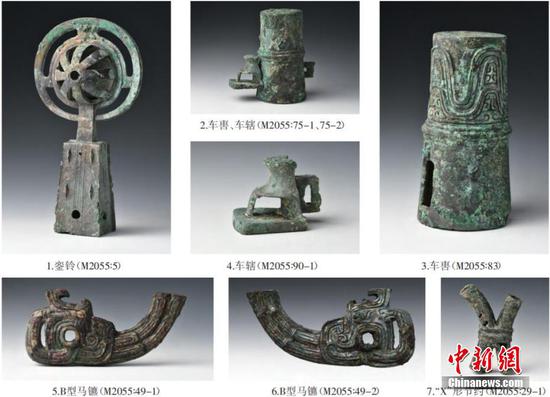




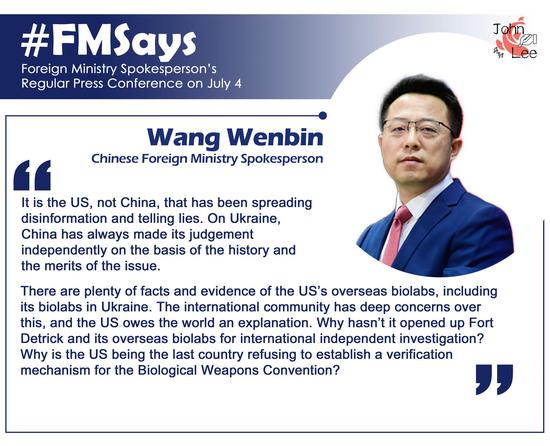
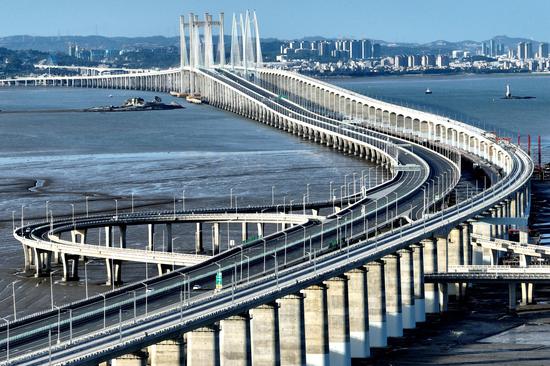
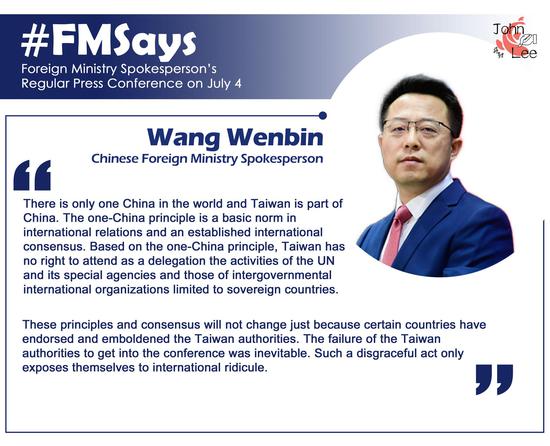


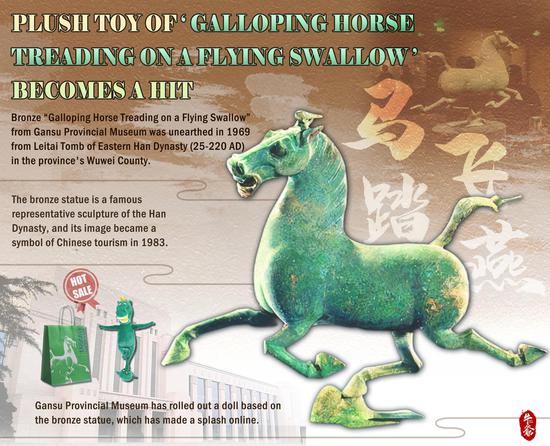

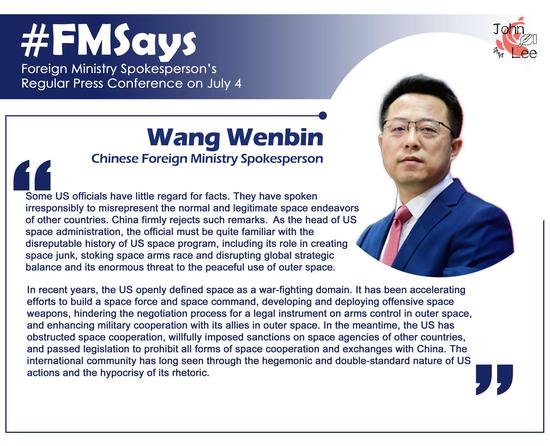
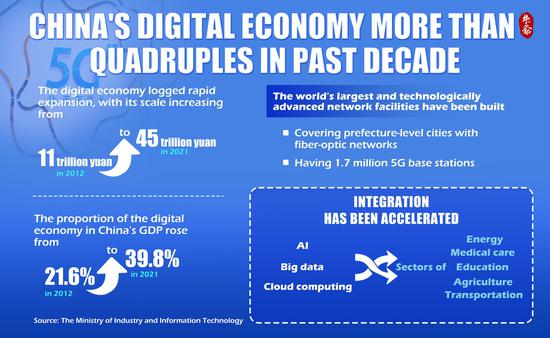
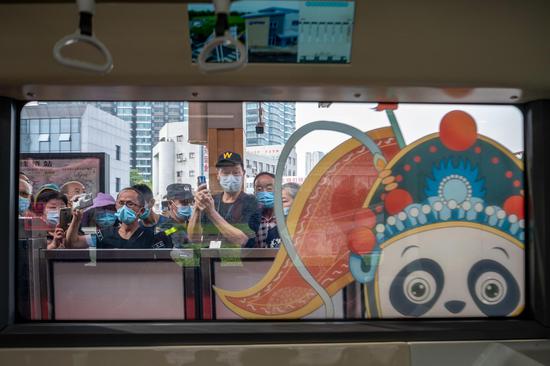






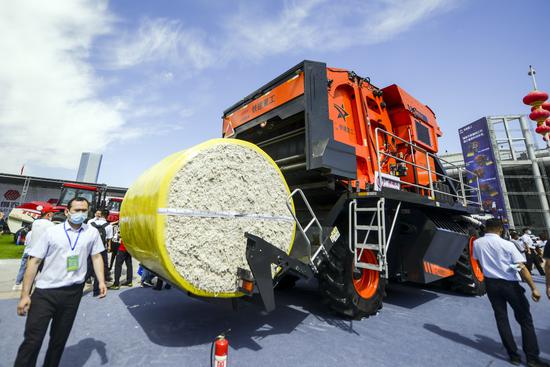



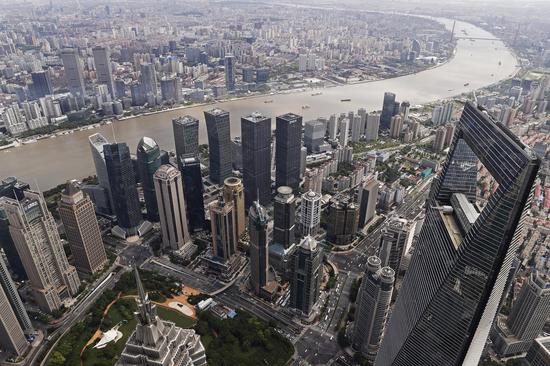

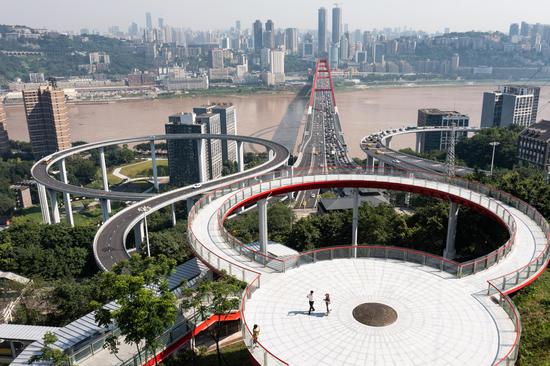
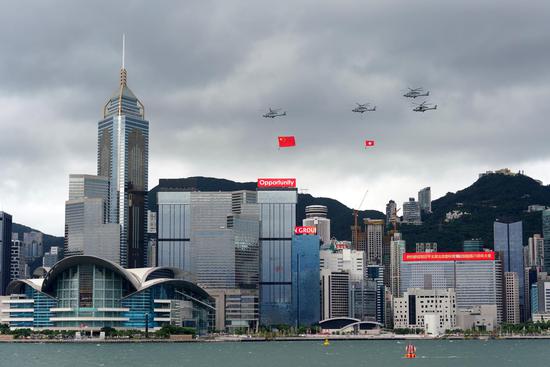
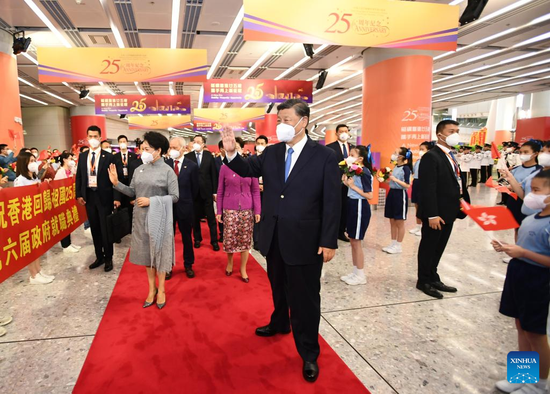


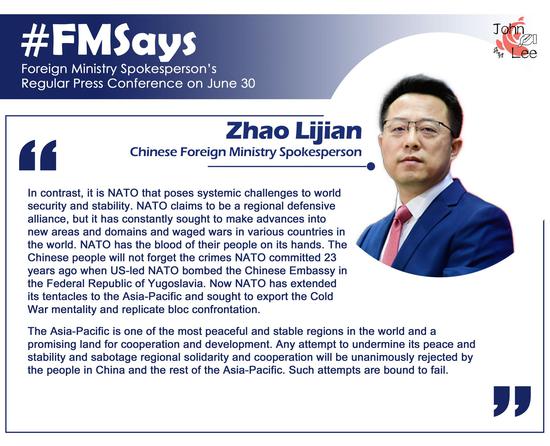
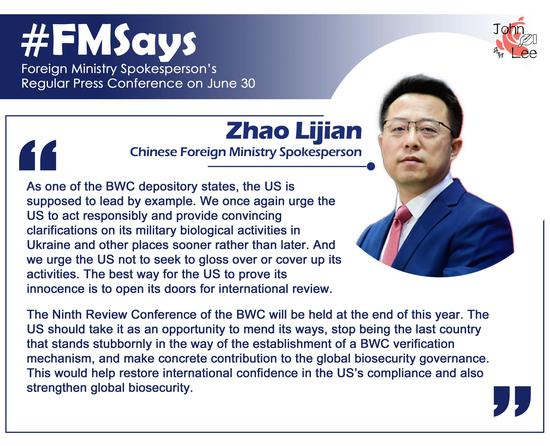
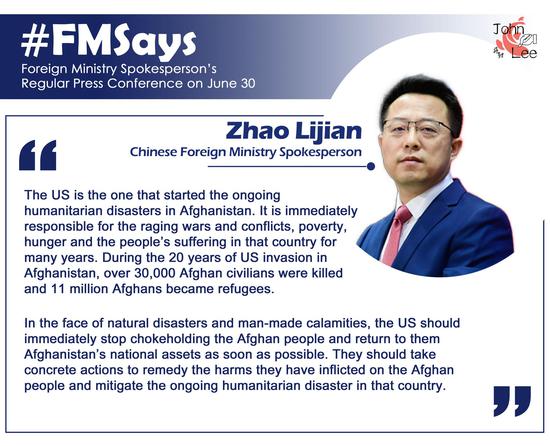






 京公网安备 11010202009201号
京公网安备 11010202009201号